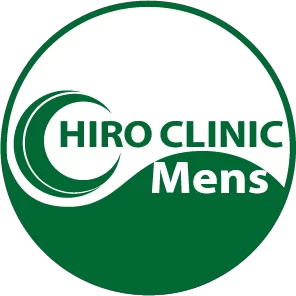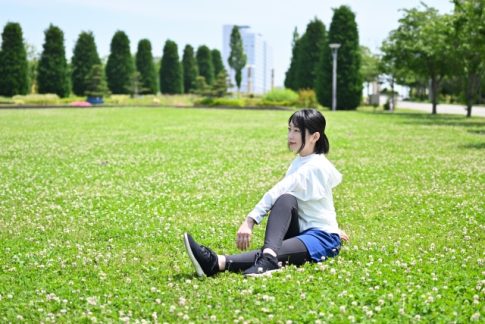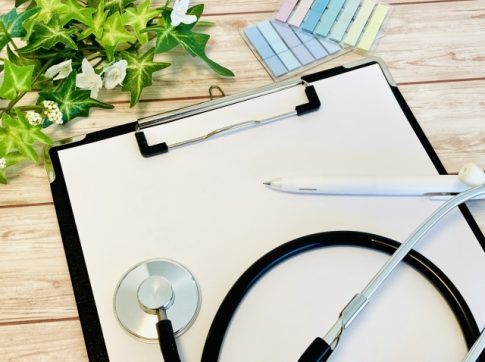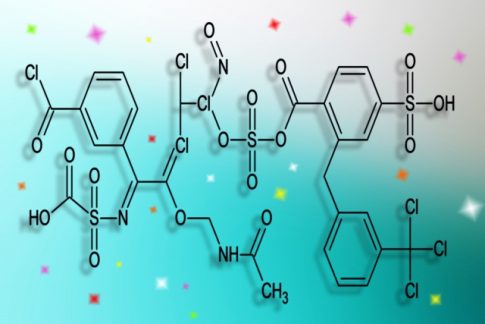In addition to oral and topical medications, laser therapy is attracting attention for the treatment of AGA (androgenetic alopecia). Laser therapy is a method that uses a low-power laser (Low-Level Laser Therapy, LLLT) to stimulate the scalp and promote hair growth. This article details the effectiveness of laser therapy in AGA treatment.
Overview of laser treatment
Low power laser therapy (LLLT)
Low-power laser therapy uses specific wavelengths of laser light to irradiate the scalp to activate cell activity and promote hair growth. Devices that can be used at home, such as laser caps and laser brushes, are common.
Mechanism
The effects of LLLT are thought to be due to the following mechanisms.
Promote blood circulation: Laser light shines on the scalp, improving blood flow and providing adequate oxygen and nutrients to the hair follicles.
Cell activation: Laser light supplies energy to cells, promoting cell repair and regeneration.
Inflammation suppression: By suppressing inflammation and maintaining scalp health, it creates an environment for hair growth.
Effects of laser treatment
Promoting hair growth
Clinical Studies: Multiple clinical studies have confirmed the effectiveness of LLLT in promoting hair growth and reducing hair loss. Studies have shown that many patients who use LLLT report improvements in hair density and thickness.
Actual results: Although it varies from person to person, many users find that their hair quality improves and hair thinning slows down after a few months of use.
Safety and side effects
Safety: LLLT is non-invasive and few serious side effects have been reported. It is also considered relatively safe for home use.
Side effects: Some users have reported mild redness or itching of the scalp, but this is usually temporary.
How to use laser treatment
Household devices
Home devices for performing LLLT include laser caps, laser brushes, and laser helmets. Instructions vary by device, but generally follow these steps:
Preparation: Before using the device, keep your scalp clean.
Usage Frequency: It is recommended to use the product several times a week for 10-20 minutes each time according to the manufacturer’s instructions.
Consistency: Regular and consistent use is important for maximum effectiveness.

Treatment at specialized clinics
LLLT performed in a specialized clinic may use a more powerful laser than home devices. Treatment at the clinic is performed under the supervision of a doctor, so you can expect more effective and safer treatment.
Advantages and disadvantages of laser treatment
Merit
Non-invasive: Compared to invasive methods such as surgery or injections, LLLT is painless and has low risks.
Simplicity: Home devices are easy to use and easy to incorporate into daily life.
Complementary treatment: A synergistic effect can be expected when used in combination with other AGA treatments (oral medications or topical medications).
Disadvantages
Individual differences in effectiveness: Not all people have the same effects, and the degree of effectiveness varies from person to person.
Cost: Home devices and clinic treatments can be expensive.
Continuation Required: Continuous use is required to maintain effectiveness.
In conclusion
Laser therapy (LLLT) for AGA treatment is a safe and effective method that can promote hair growth and reduce hair loss. Hair thinning can be slowed down through home devices and treatments at specialized clinics. Although there are individual differences, better results may be obtained when combined with other treatments. It may be worth trying laser treatment once to resolve the problem of thinning hair. When starting treatment, it is important to consult with your doctor to find the best option.
AGA treatment at Hiro Clinic
AGA (Androgenetic Alopecia) is a disease called male pattern baldness, which progresses if left untreated, so early treatment is necessary. The causes of AGA vary depending on the individual, but it is not a disease that cannot be treated. Hiro Clinic uses cutting-edge regenerative medicine technology to treat AGA. Our specialized doctors will suggest appropriate treatment methods tailored to each individual and will do their best to support your concerns.









